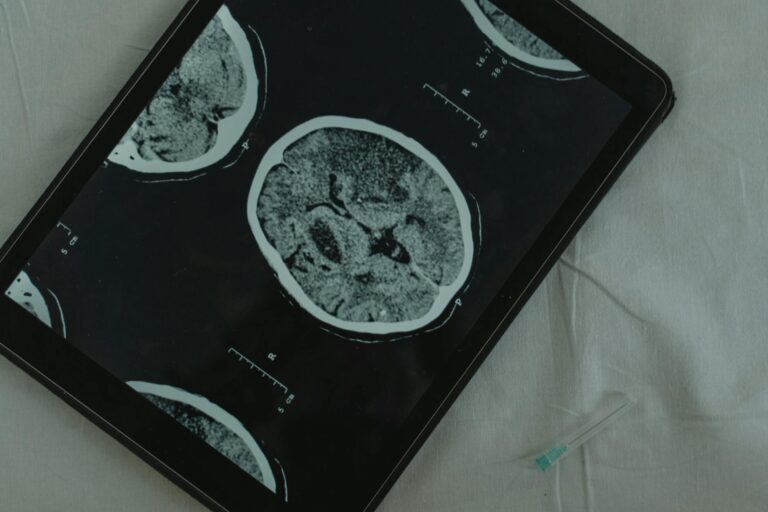Dementia is a progressive and debilitating neurological condition that affects millions of people worldwide. It is characterized by a decline in cognitive functioning, memory loss, and changes in behavior and mood. As the disease progresses, it can greatly impact a person’s ability to perform daily tasks and maintain their independence.
In recent years, there has been a growing concern about data breaches in the healthcare industry. These breaches pose a serious threat to the privacy and security of patients’ personal information, including those with dementia. However, what many people may not realize is that exercise can play a significant role in managing symptoms of dementia, including those related to data breaches.
Exercise has long been known to have numerous physical health benefits, but its effects on the brain are often overlooked. Research has shown that regular physical activity can improve brain function and slow down the progression of cognitive decline in people with dementia. This is because exercise increases blood flow to the brain, which helps to promote the growth of new brain cells and strengthens existing connections.
One of the most significant ways exercise can help manage symptoms of dementia is by improving memory and cognitive function. Studies have shown that regular aerobic exercise, such as walking or cycling, can improve memory and thinking skills in people with mild to moderate dementia. Additionally, resistance training has been found to improve executive functioning, which includes skills like planning and problem-solving.
In addition to improving cognitive function, exercise can also have a positive impact on behavior and mood in people with dementia. It is common for individuals with dementia to experience agitation, irritability, and depression. However, studies have shown that regular physical activity can help reduce these symptoms by releasing endorphins, also known as “feel-good” hormones. These hormones can improve mood and reduce stress and anxiety.
Furthermore, exercise can also help manage other health conditions that often coexist with dementia, such as cardiovascular disease and diabetes. By improving overall physical health, exercise can help reduce the risk of developing these conditions or slow down their progression, which can ultimately improve the overall quality of life for individuals with dementia.
Now, let’s tie this back to data breaches in the healthcare industry. People with dementia are particularly vulnerable to these breaches because of their cognitive impairments and difficulties in understanding and managing their personal information. In the event of a data breach, it can be challenging for individuals with dementia to understand the severity of the situation and take steps to protect their information.
However, as we have seen, exercise can help improve cognitive function and memory. By incorporating regular physical activity into their routine, people with dementia may have a better understanding of how to protect their personal information in the event of a data breach. They may also be better equipped to recognize and report any suspicious activity related to their personal information, reducing their chances of becoming victims of identity theft or financial scams.
In summary, exercise is a powerful tool in managing symptoms of dementia and improving the overall well-being of individuals with the disease. Its benefits extend beyond physical health and can have a significant impact on cognitive function, behavior, and mood. As we continue to address concerns around data breaches in the healthcare industry, it is essential to consider the role of exercise in managing symptoms of dementia and protecting the privacy and security of vulnerable individuals.





